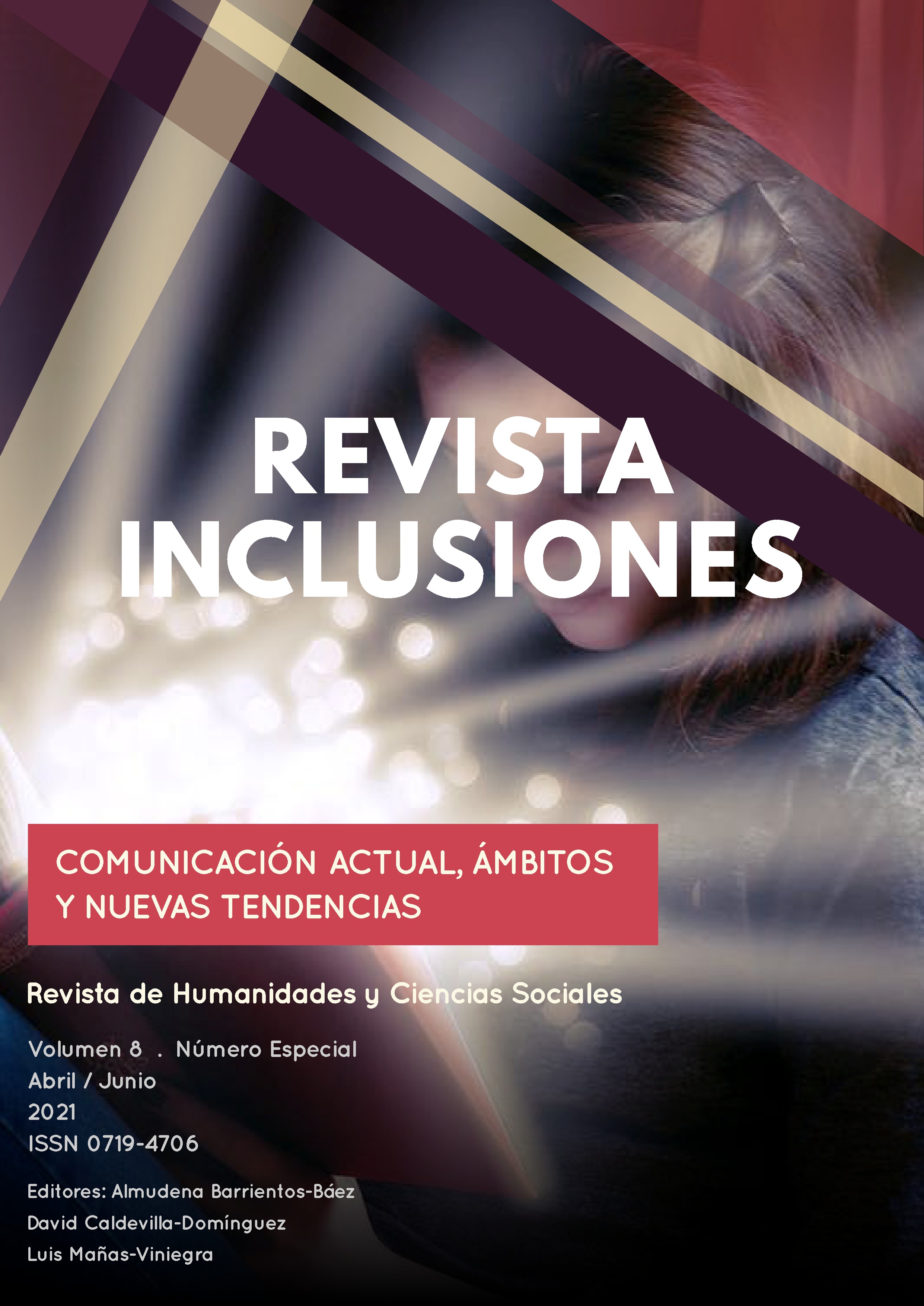CHILE'S FOREIGN POLICY TOWARDS PERU (2000-2014): TRIDIMENTIONAL ANALYSYS OF GOVERNMENT PROGRAMS
Abstract
From a qualitative, documentary, and monographic methodological design, a three-dimensional study
is carried out on the Chilean Government Programs in the presidential periods between 2000 and
2014, a time of international legal conflict with Peru at the International Court of Justice in The Hague
by the dispute over maritime territory. The three dimensions considered go from the general to the
particular: a) the dimension of capitalist and neoliberal globalization; b) the group-material dimension
on the hegemonic actors represented in the decision makers of the State; and, finally, c) the relationalsubjective dimension that accounts for identities, alterities, interests, and ideologies in foreign policy.
First, the general, medium-range and conceptual theories that allow studies with these variables in
foreign policy and international relations are manifested, as well as an analysis of the aforementioned
Government Programs, concluding mainly in the intimate relationship that existed between the
neoliberal soul -commercial, as a national-conversationalist, that is, between class identity and
national identity in Chile's political strategy compared to its relationship with its Peruvian counterpart
based on the status quo.
Downloads
Published
How to Cite
Issue
Section
License
Copyright (c) 2021 Dr. (c) Sergio González Pizarro

This work is licensed under a Creative Commons Attribution 4.0 International License.
Los autores retienen los derechos de autor y otorgan a Revista Inclusiones el derecho de publicación bajo Creative Commons Attribution 4.0 International (CC BY 4.0). Esto permite el uso, distribución y reproducción en cualquier medio, siempre que se otorgue la debida atribución al autor.











